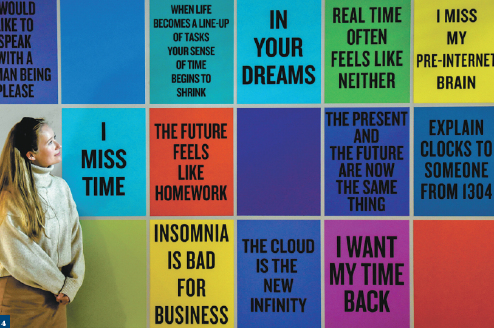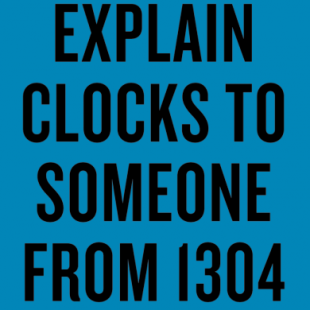Digital dependency
The new London exhibition 24/7 is a wake-up call for our non-stop world


There are more smartphones in the world than there are people and the device's proliferation is outpacing the growth of the human population, according to the United Nations' International Telecommunications Union.
The inability to switch off has become one of the most important and pressing issues of our time. It has been estimated that, in Britain, people check their smartphones every 12 minutes, when taken as an average over a 24-hour period.
Netflix CEO Reed Hastings named the company's biggest competitor: not Amazon or YouTube, but sleep. He explained, "We're competing with sleep, on the margin. And so, it's a very large pool of time." There's so much competition, it can seem as if there are not enough hours in a day to actually stop and sleep.
And when we're sleep-deprived, our ability to pay attention reduces drastically and our productivity drops, creating new economies around self-tracking devices and other sleep aids.
So great is the problem that it's considered a public health epidemic.
As of last month, 5.13 billion people in the world owned mobile devices-66.5 percent of the world's population. And it's growing. Generation Z (people born between the mid-1990s and the early 2000s) is the demographic that owns the most smartphones; some 98 percent own a smartphone and 52 percent claim it is their most valuable asset.
It's estimated that an average person spends two hours and 52 minutes per day on their mobile device. About 22 percent of users check their phone every five minutes. So it's not just an epidemic-it's also an addiction.





































